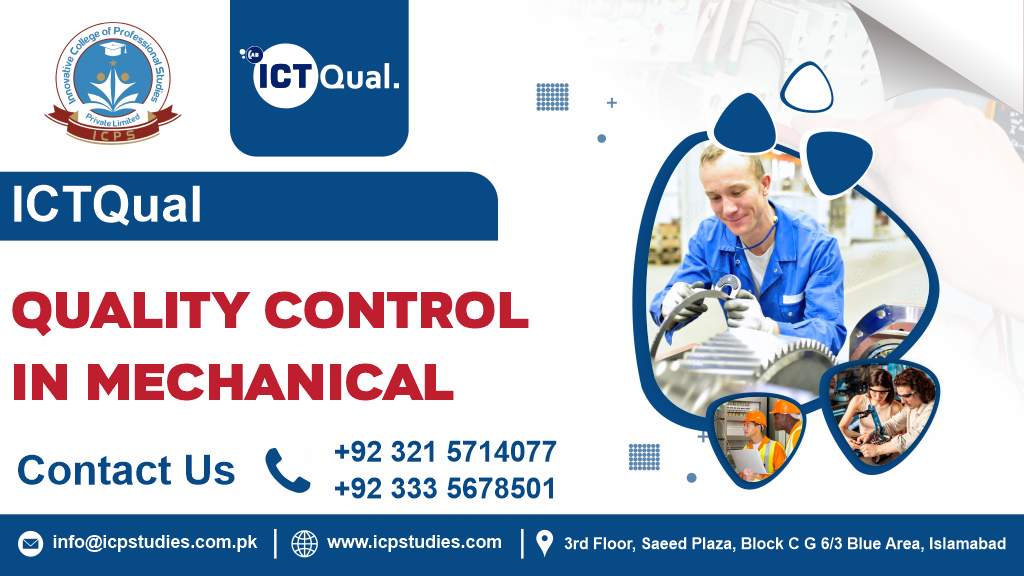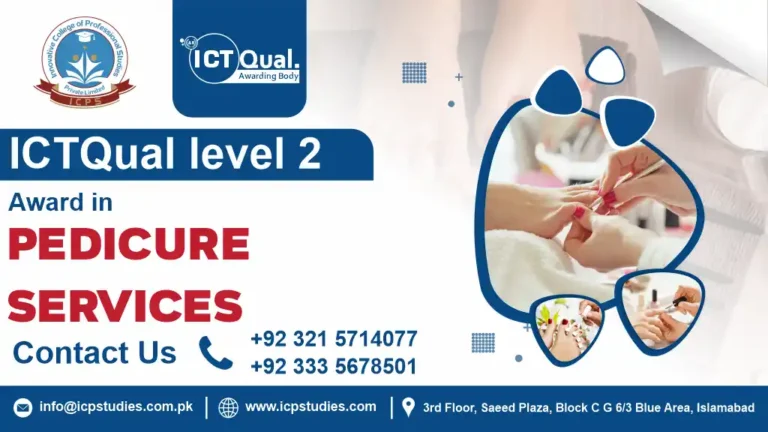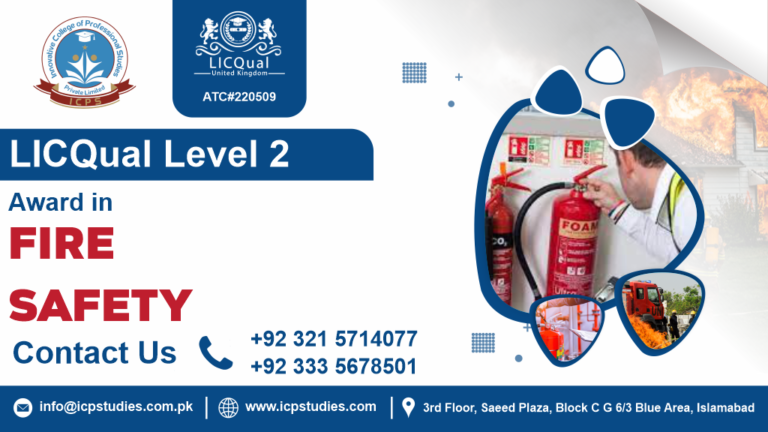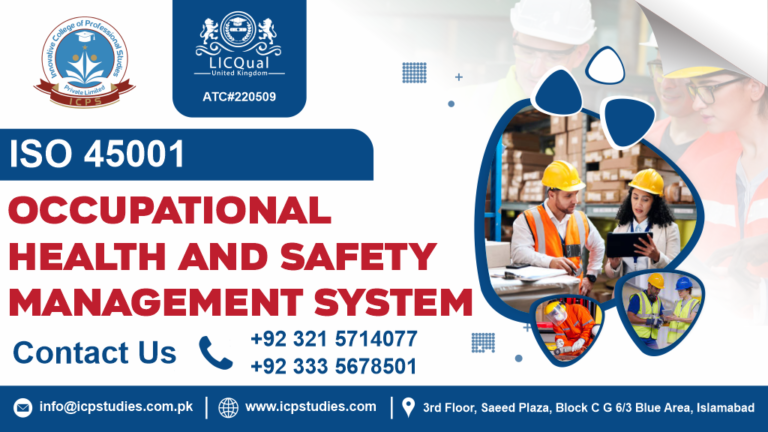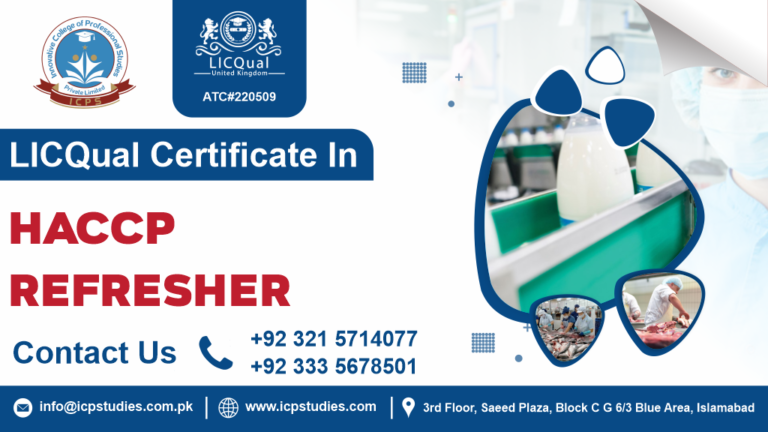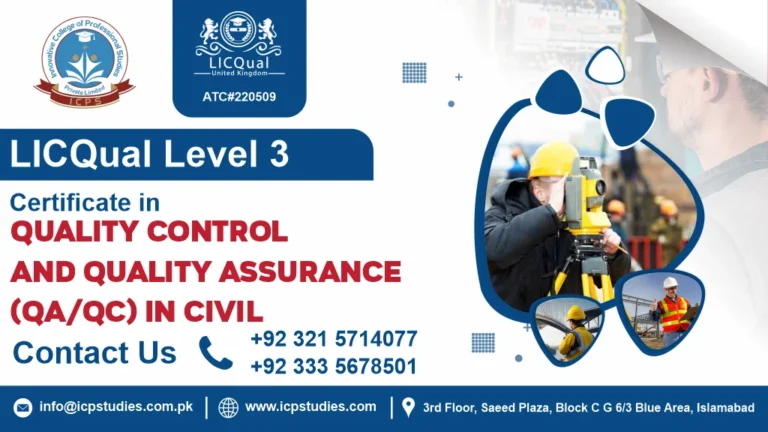Quality control plays a pivotal role in ensuring the reliability, safety, and efficiency of mechanical systems across various industries—from manufacturing and automotive to aerospace and beyond. In the dynamic field of mechanical engineering, where precision and performance are paramount, implementing robust quality control measures is not just a best practice but a necessity.
Quality control in mechanical engineering refers to the systematic processes and techniques used to ensure that mechanical components, systems, and processes meet specified standards of quality, reliability, and performance. It involves monitoring, inspecting, and testing throughout the manufacturing, assembly, and operational phases to identify and mitigate defects or deviations from design requirements.
Quality control in mechanical engineering is indispensable for ensuring that mechanical products and systems meet stringent standards of performance, reliability, and safety. By implementing robust quality control practices—from design verification to manufacturing processes control and beyond—manufacturers can uphold their reputation, reduce costs, and exceed customer expectations in an increasingly competitive global market.
All About ICTQual Quality Control in Mechanical
Course Overview
Quality Control in Mechanical Engineering refers to the systematic processes and methodologies used to ensure that mechanical components, products, and systems meet specified quality standards, requirements, and customer expectations. It encompasses a series of activities throughout the lifecycle of a mechanical product, from design and development through manufacturing, assembly, and testing.
Quality Control in Mechanical Engineering is essential for ensuring that mechanical products and systems are of high quality, reliable, and meet the expectations of stakeholders. By implementing rigorous quality control measures and embracing technological advancements, manufacturers can enhance competitiveness, reduce costs, and deliver superior products to global markets.
Study Units
- Fundamentals of Quality Control
- Statistical Methods for Quality Control
- Metrology and Measurement Systems
- Quality Inspection and Testing
- Quality Management Systems (QMS)
- Reliability Engineering
- Design of Experiments (DOE)
- Root Cause Analysis and Corrective Action
- Advanced Quality Control Techniques
- Quality Control in Supply Chain Management
- Quality Control in Product Development
The entry requirements for the ICTQual Quality Control in Mechanical course typically include:
- Age Requirement: Participants must be at least 18 years old.
- Educational Background: A basic understanding of mechanical engineering principles or a related field is often recommended.
- Basic Literacy and Numeracy: Competence in reading, writing, and basic math skills to understand course materials and assessments.
- Relevant Work Experience: Experience in a mechanical or manufacturing environment can be beneficial but may not be mandatory.
- Health and Safety Awareness: A general understanding of health and safety practices in mechanical and industrial settings.
- Registration: Completion of necessary registration forms and payment of any applicable fees.
Always verify with the specific training provider for any additional or specific entry requirements, as they can vary.
The ICTQual Quality Control in Mechanical course is designed for:
- Quality Control Inspectors: Individuals responsible for inspecting and ensuring the quality of mechanical components and systems.
- Manufacturing Personnel: Workers involved in the production process who need to understand quality control measures.
- Mechanical Engineers: Engineers seeking to enhance their knowledge of quality assurance practices in mechanical design and manufacturing.
- Supervisors and Managers: Those overseeing teams in manufacturing or engineering environments who need to ensure adherence to quality standards.
- New Entrants: Individuals starting a career in the mechanical or manufacturing industry who want foundational knowledge in quality control.
- Technicians: Technical staff involved in testing and quality assessment of mechanical products.
This course provides essential skills and knowledge to maintain and improve quality standards in mechanical engineering and manufacturing processes.
Learning Outcomes
Fundamentals of Quality Control
- Understanding Quality Control: Gain a foundational understanding of quality control principles, methods, and their importance in manufacturing and service industries.
- Quality Standards: Learn about international quality standards and regulatory requirements applicable to quality control processes.
- Basic Tools: Familiarize with basic quality control tools such as control charts, histograms, and Pareto charts for process improvement and defect reduction.
Statistical Methods for Quality Control
- Statistical Analysis: Learn statistical techniques including hypothesis testing, process capability analysis, and regression analysis for analyzing and improving processes.
- Control Charts: Understand the principles and applications of control charts (e.g., X-bar and R charts, p-charts, c-charts) for monitoring process stability and detecting trends or anomalies.
Metrology and Measurement Systems
- Measurement Principles: Understand principles of metrology and measurement systems, including accuracy, precision, calibration, and traceability.
- Measurement Techniques: Learn about various measurement techniques and instruments used in quality control, such as gauges, calipers, micrometers, and coordinate measuring machines (CMM).
Quality Inspection and Testing
- Inspection Methods: Develop skills in performing inspections using visual inspection, dimensional inspection, and non-destructive testing (NDT) methods.
- Testing Procedures: Understand procedures for conducting material testing, mechanical testing, and reliability testing to ensure product quality and compliance with specifications.
Quality Management Systems (QMS)
- QMS Frameworks: Gain knowledge of quality management system frameworks such as ISO 9001, and understand their implementation requirements.
- Documentation: Learn about documentation control, audit processes, and continuous improvement practices within QMS frameworks.
Reliability Engineering
- Reliability Concepts: Understand reliability engineering principles, including reliability metrics (e.g., MTBF, MTTF), failure analysis, and lifecycle analysis.
- Risk Assessment: Learn methods for assessing and mitigating risks related to product reliability and performance.
Design of Experiments (DOE)
- Experimental Design: Learn principles of DOE, including factorial designs, response surface methodology (RSM), and Taguchi methods.
- Optimization: Apply DOE techniques to optimize processes and products, improving quality and reducing variability.
Root Cause Analysis and Corrective Action
- Problem Solving: Develop skills in root cause analysis techniques such as 5 Whys, fishbone diagrams (Ishikawa), and fault tree analysis (FTA).
- Corrective Actions: Understand the process of implementing effective corrective and preventive actions (CAPA) to address root causes and prevent recurrence.
Advanced Quality Control Techniques
- Advanced Tools: Explore advanced quality control tools and methodologies, such as Six Sigma DMAIC (Define, Measure, Analyze, Improve, Control), Lean principles, and Total Quality Management (TQM).
- Process Optimization: Apply advanced techniques for process optimization, waste reduction, and continuous improvement.
Quality Control in Supply Chain Management
- Supplier Quality: Learn about supplier selection criteria, supplier audits, and managing supplier quality performance.
- Supply Chain Integration: Understand the role of quality control in supply chain processes, ensuring consistency and reliability of incoming materials and components.
Quality Control in Product Development
- Early-stage Quality: Integrate quality control principles into product design and development processes to prevent defects and ensure product reliability.
- Prototyping and Testing: Learn methods for prototype testing, validation, and verification to meet customer requirements and quality standards.
These learning outcomes equip participants with the knowledge, skills, and tools necessary to effectively implement and manage quality control processes across various industries, ensuring consistent product quality, customer satisfaction, and operational excellence.
FAQs about ICTQual Quality Control in Mechanical

